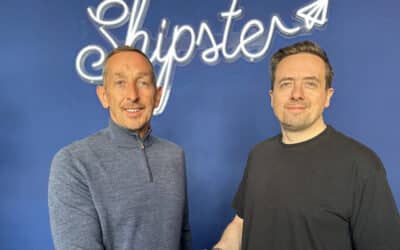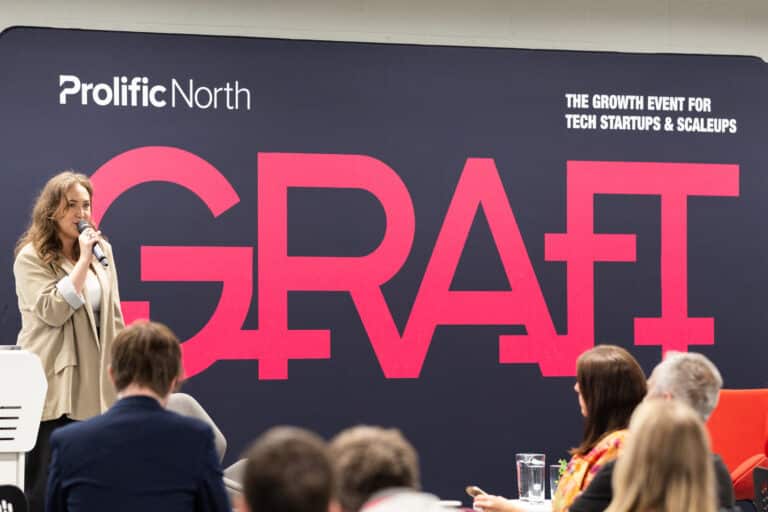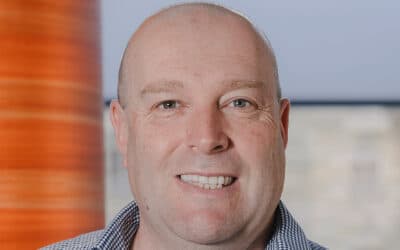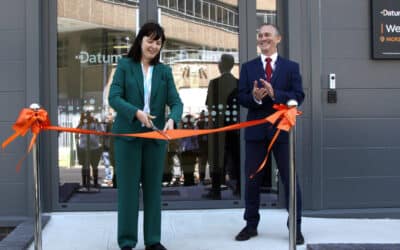Tech founders, investors and industry leaders converged on Manchester for Prolific North’s inaugural GRAFT conference this week, designed to accelerate the North’s fast-growing tech economy.
Held at UA92, the summit, which is part of Prolific North’s in-depth series looking at tech in the North, brought together hundreds of ambitious voices from across the region’s tech scene, with a jam-packed agenda of keynotes, lightning talks, investor panels and hands-on workshops. But beyond the buzzwords and breakout rooms, there was a clear message that North is ready to scale.
“This isn’t just another tech series. It’s a rallying cry,” said Prolific North’s Managing Director Alexandra Balazs, opening the event. “The North has the talent, the ideas, and the graft. What we need now is more growth, more ambitious founders building those truly successful businesses. and that’s why we’ve launched GRAFT.”
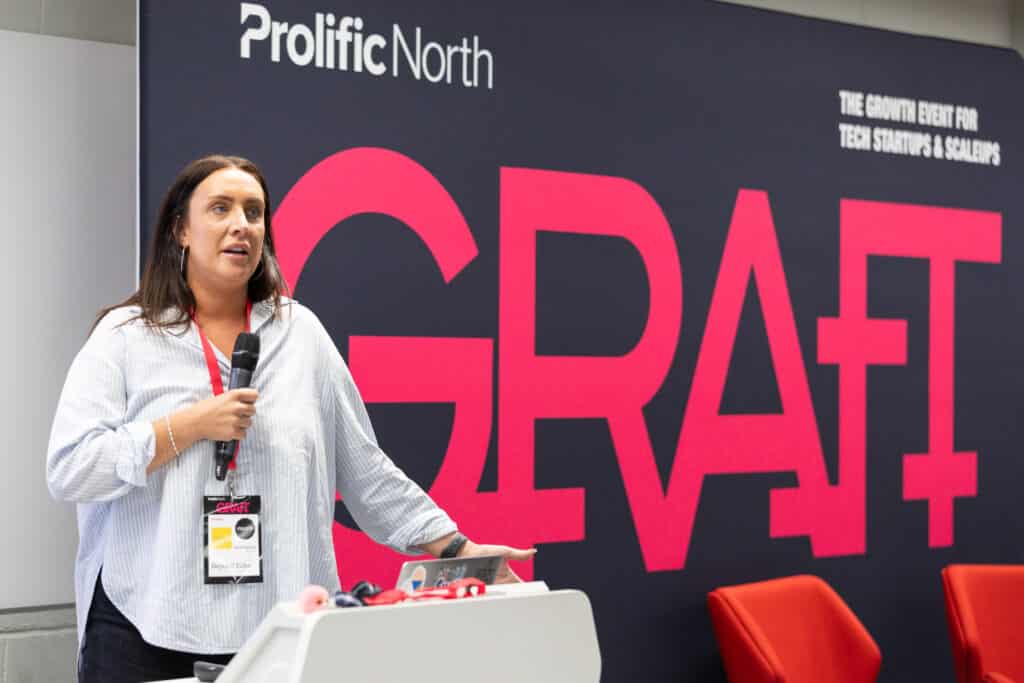
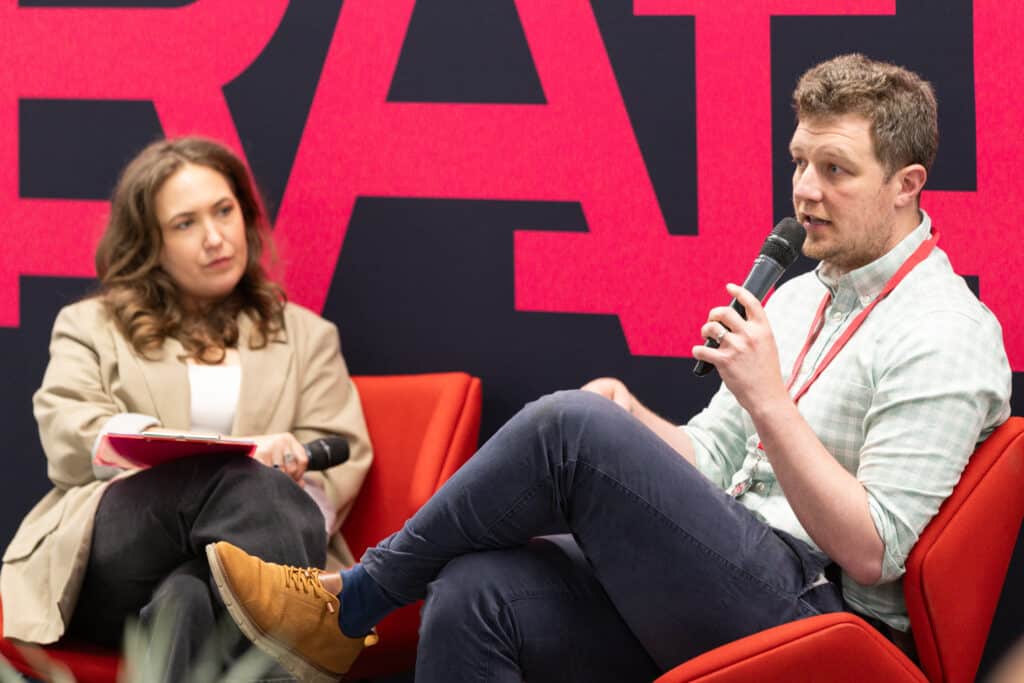
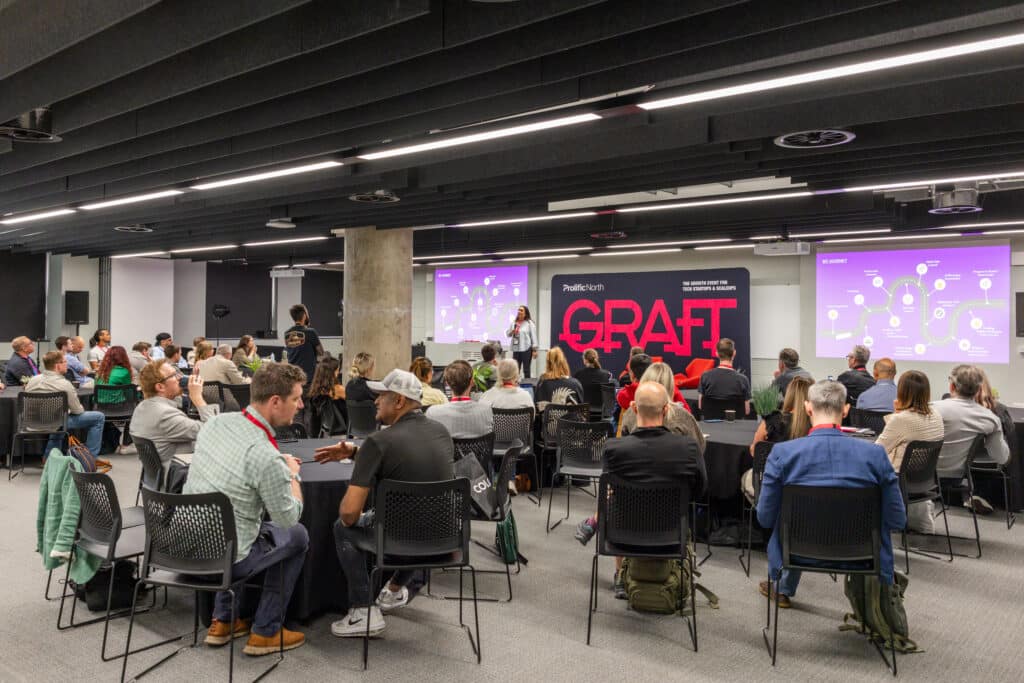
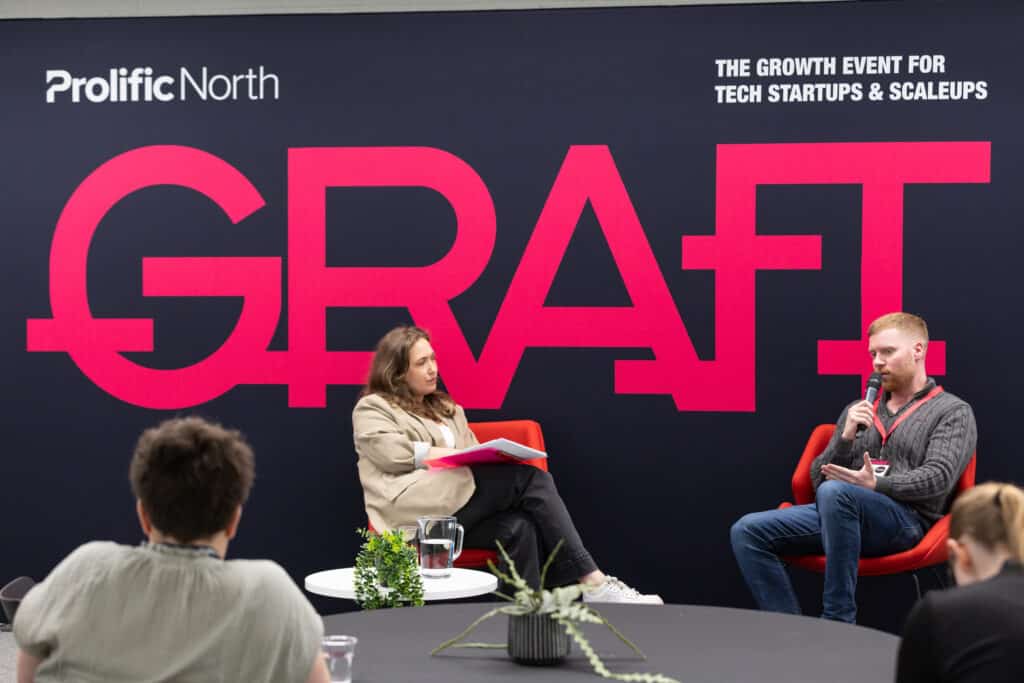
Matt Robinson, Head of Nations and Regions at techUK, took to the stage to highlight the huge scale of the opportunity facing Northern tech.
“We’re all in a global race,” he reminded the founders and investors in the room. “And we’ve got to collaborate to compete. We’ve got to get involved in the tech ecosystem and the larger community – and that’s what the North does so well.
“There’s a lot going for the North of England, and if we continue to collaborate to compete, we have a far better chance to make this region an even better place to grow and invest.”
The speech set the tone for the rest of the day. The morning’s keynote came in the form of a candid fireside chat with Amman Ahmed, founder of MusicForPets, who shared how he scaled his “Petflix” platform to over 50 million users before exiting to a major Hollywood label. It was a story of perseverance, smart scaling, and Northern grit.
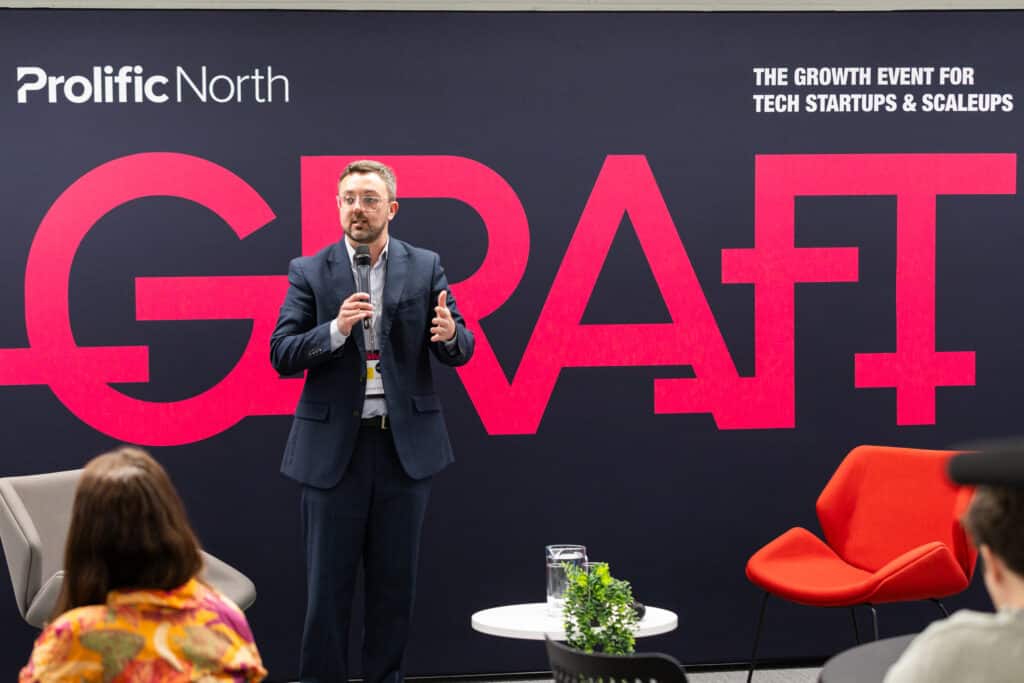
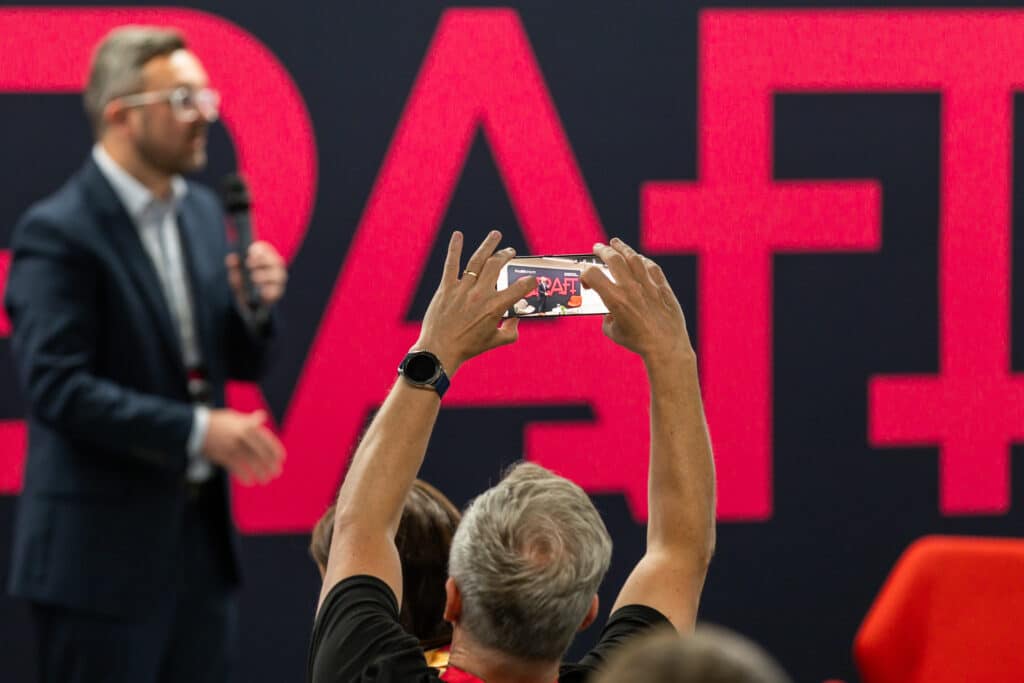
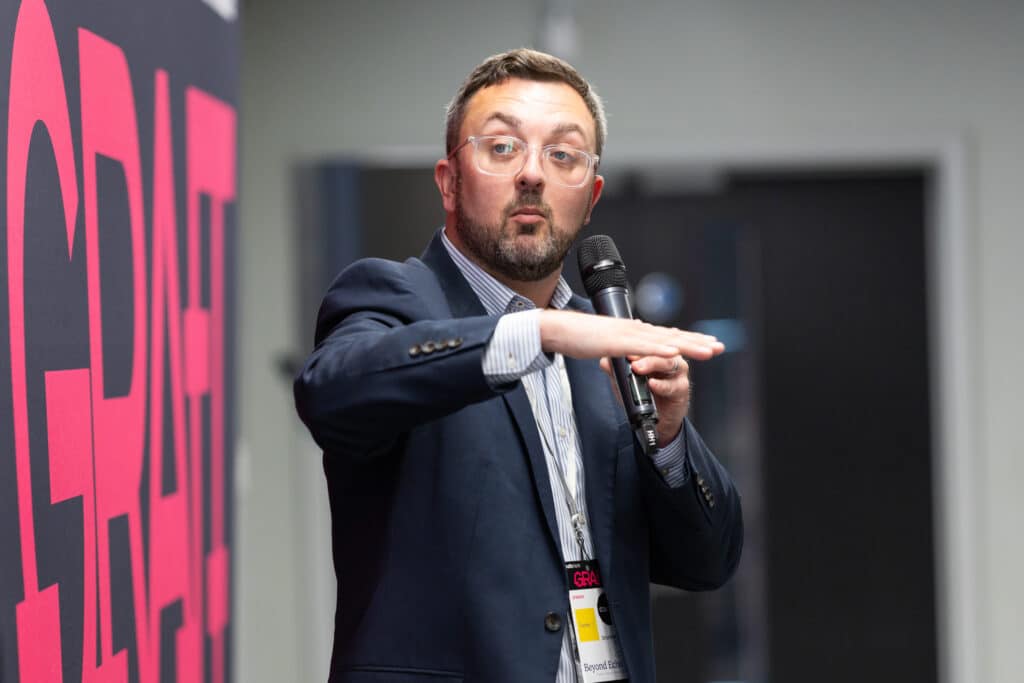
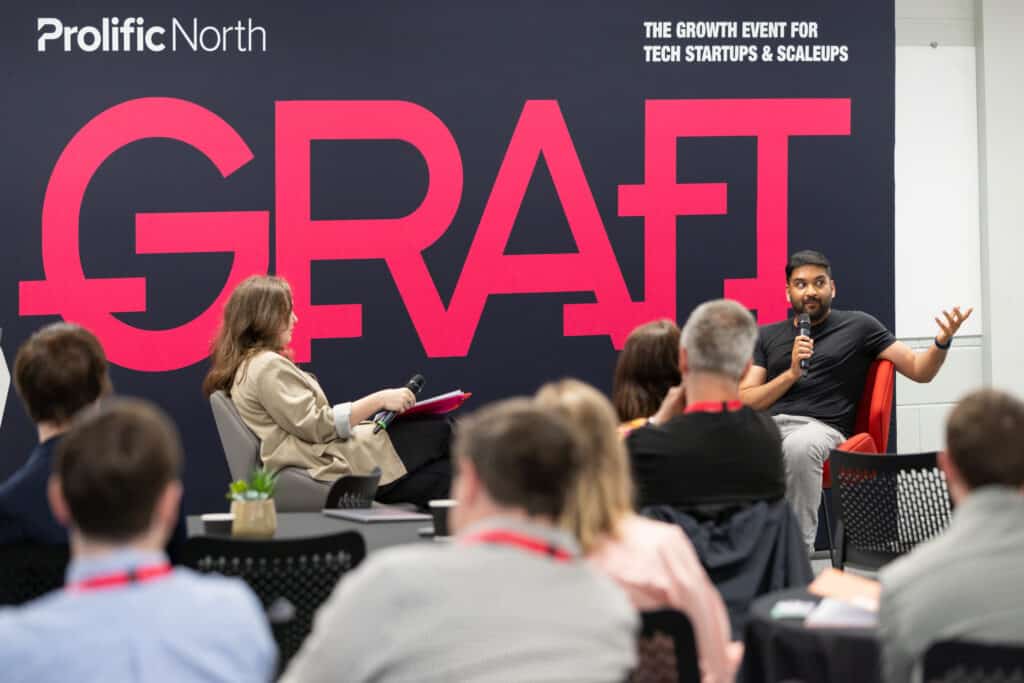
The trick, Amman told the crowd, was not in sky-high ambition — but in exactly the opposite.
“I had really low expectations,” he said. “If I could make £50–£60k a year, I was happy with that. Some people have ambitions of creating this $1bn company, but for me, my low expectations meant low pressure, which allowed it to succeed and grow into a multi-million pound business.”
It allowed him to “take a step back”, he said, to develop something he truly cared about, rather than obsessing over the numbers behind the company. And it paid off in a big way. Agility gave him freedom to innovate and it was crucial to his success.
His advice to others starting out on their startup journey was simple…“Capture something that you can dictate the terms on – and control as much of it as possible.”
READ MORE: Revealed: Prolific North’s 2025 Tech Companies to Watch – new scale-up edition
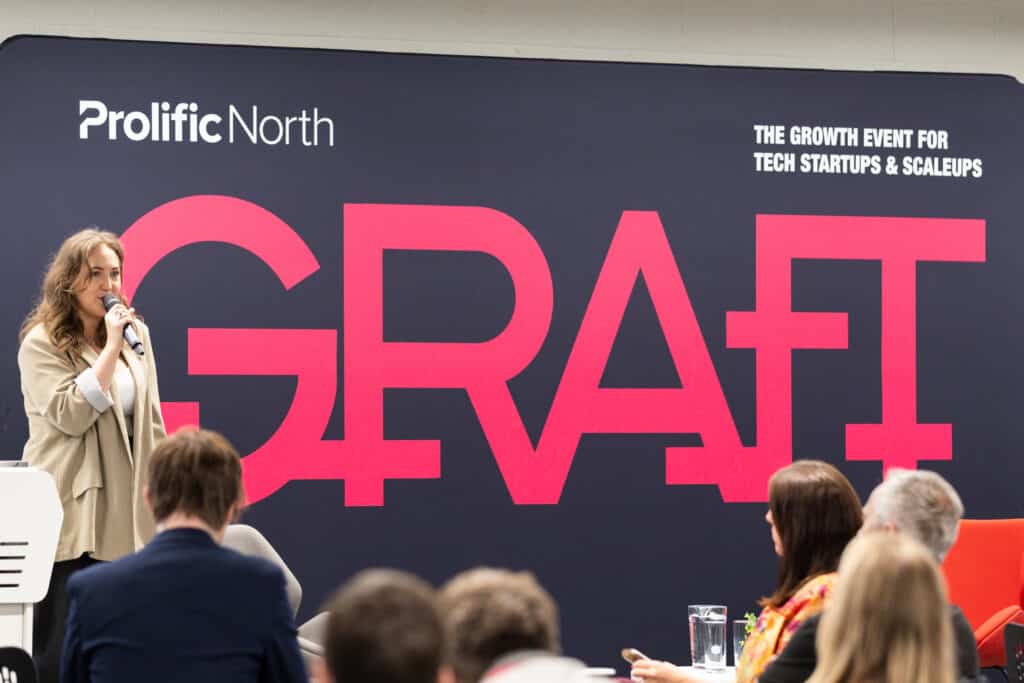
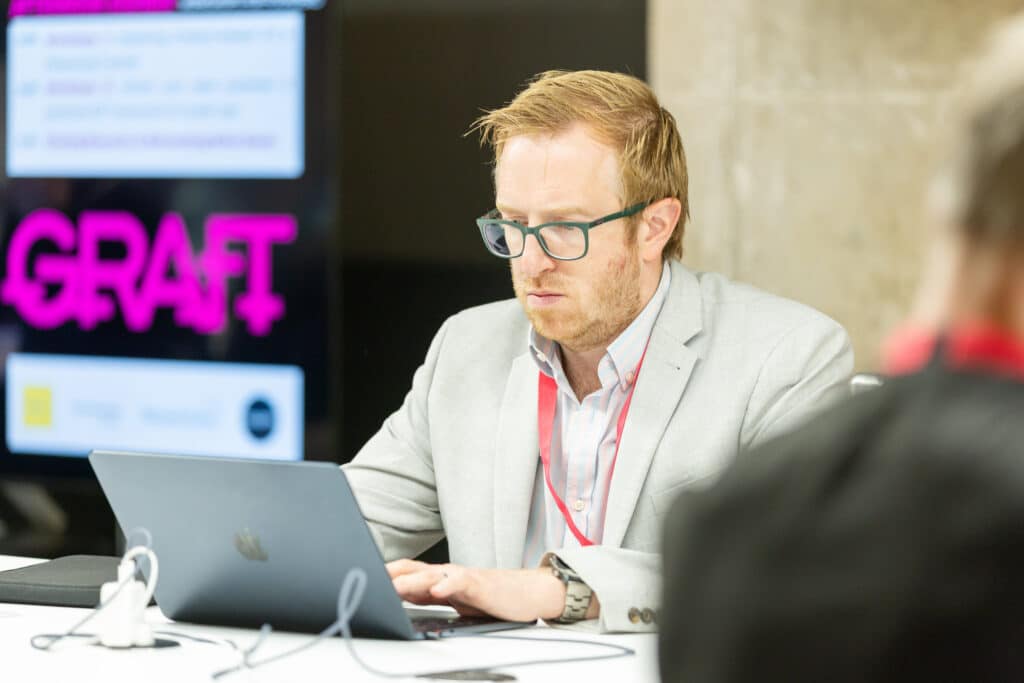
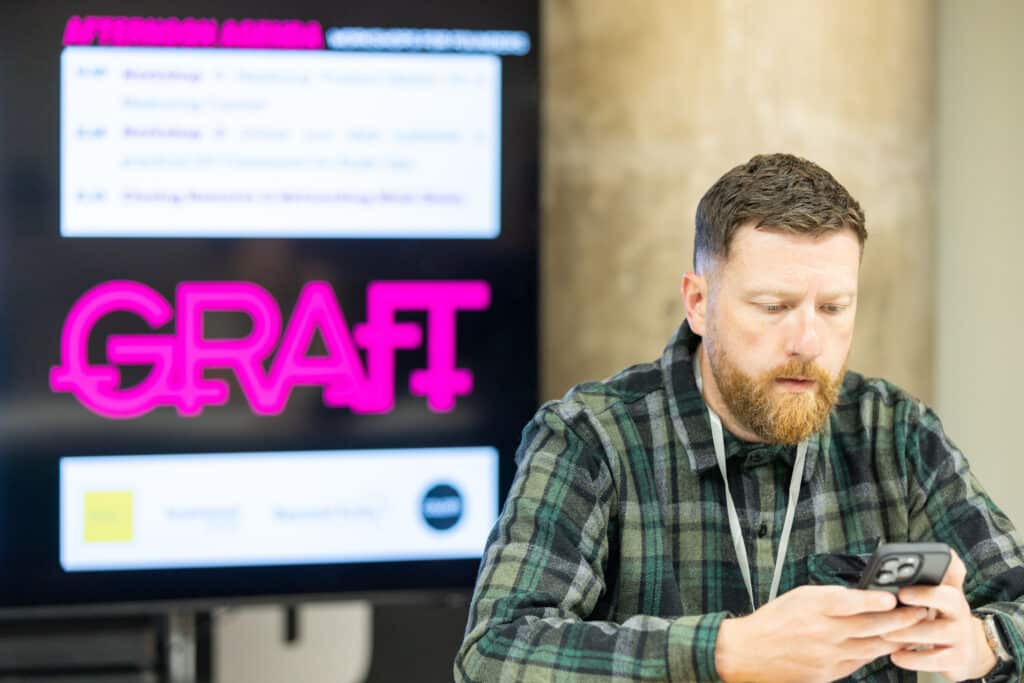
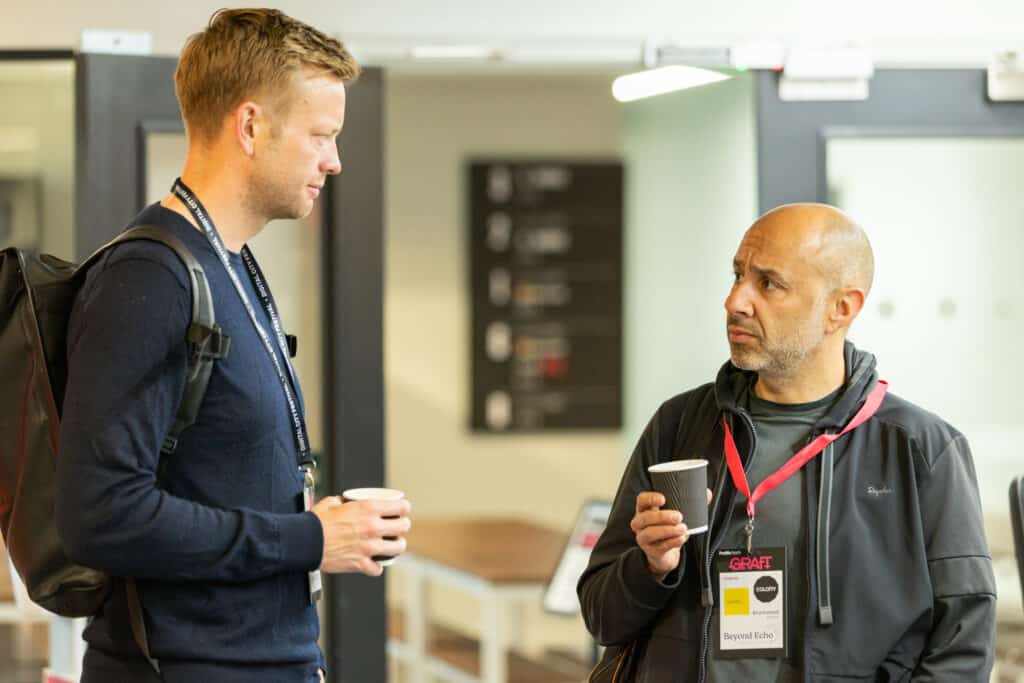

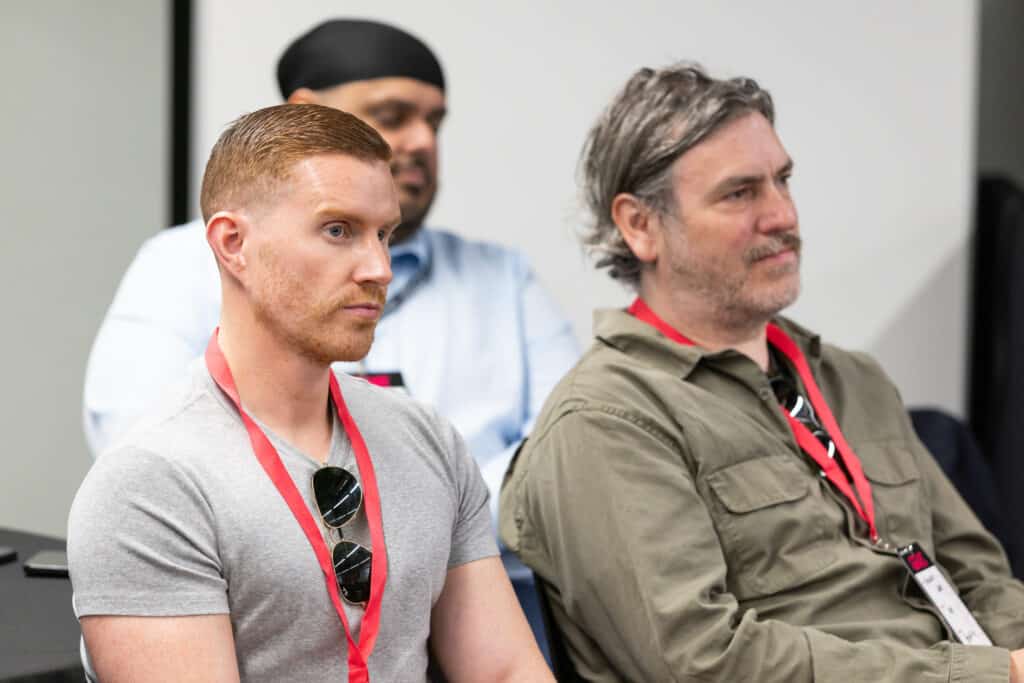
Soon it was time for a founder-focused panel on growing tech businesses in the North, featuring leaders from Versori, Partful, Gaia Learning, and Gateley Plc. Moderated by tech journalist Martin SFP Bryant, the session explored everything from team dynamics and recruitment challenges to the emotional highs and lows of scaling in the North’s unique landscape.
Paul Jefferson, corporate partner at Gateley Plc, was full of advice for new founders. “Your personal story is great,” he said. “But that’s just the start of it for an investor. They need to know where you are going. They need to understand that your business is scalable — and you need to back it with data.”
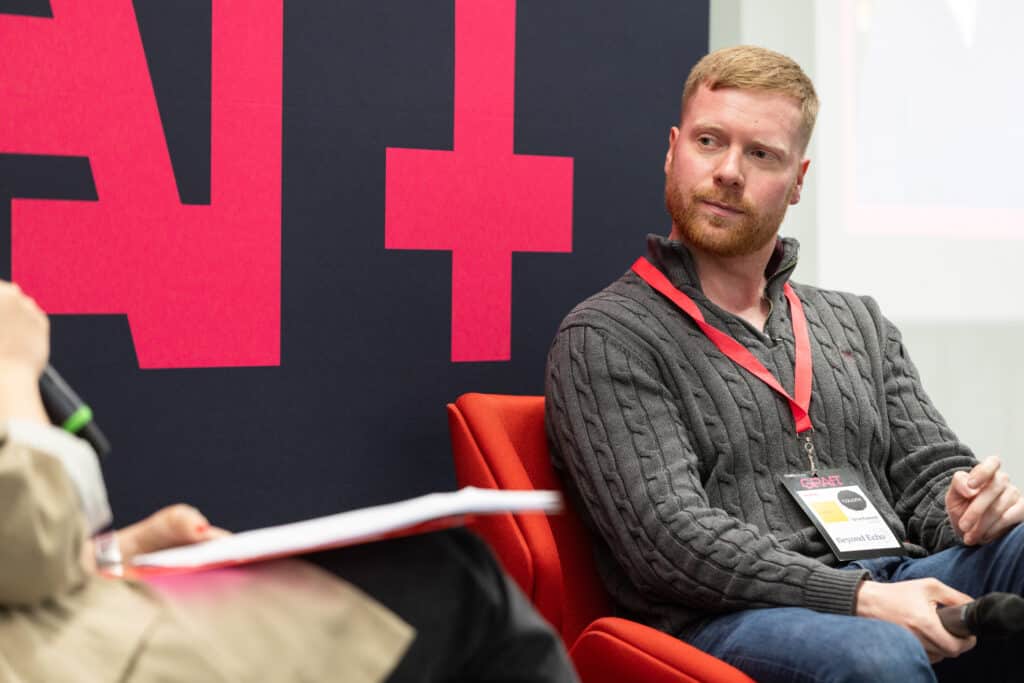
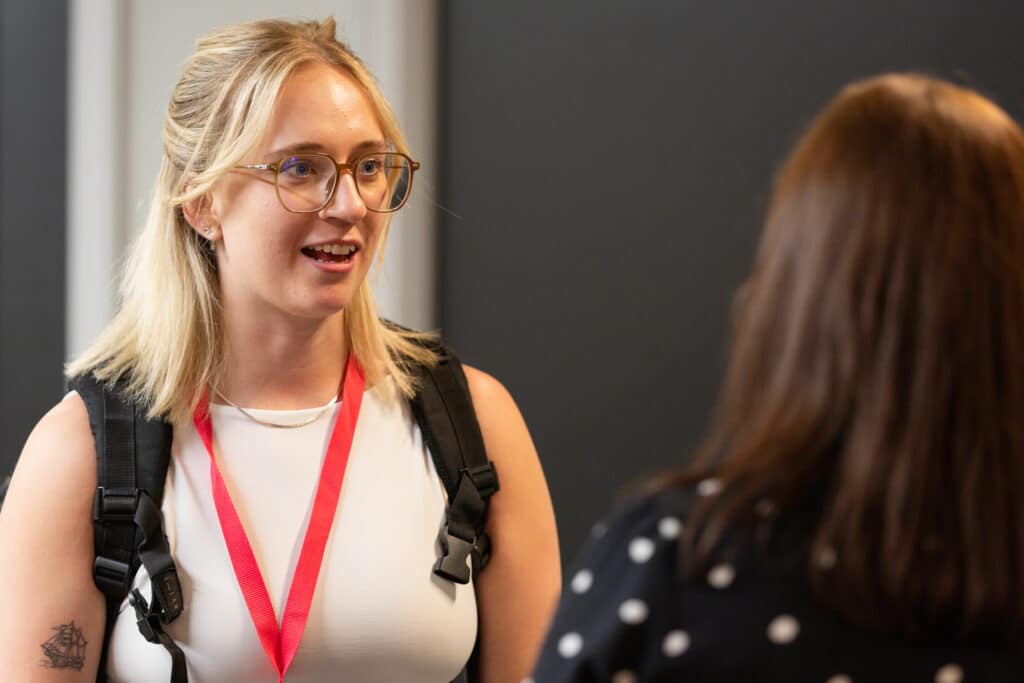
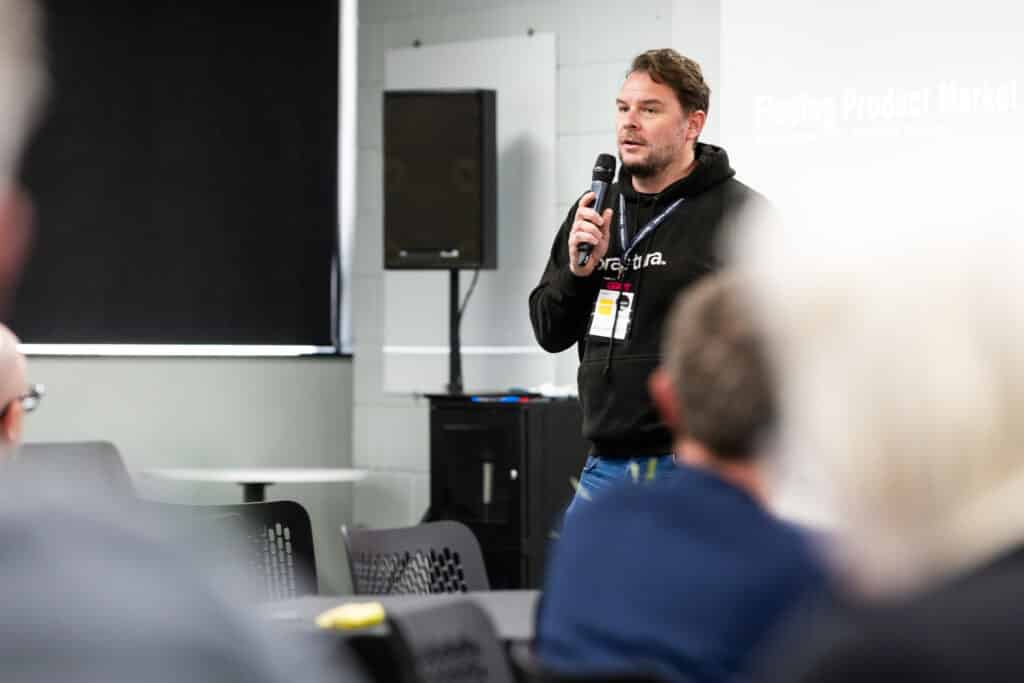
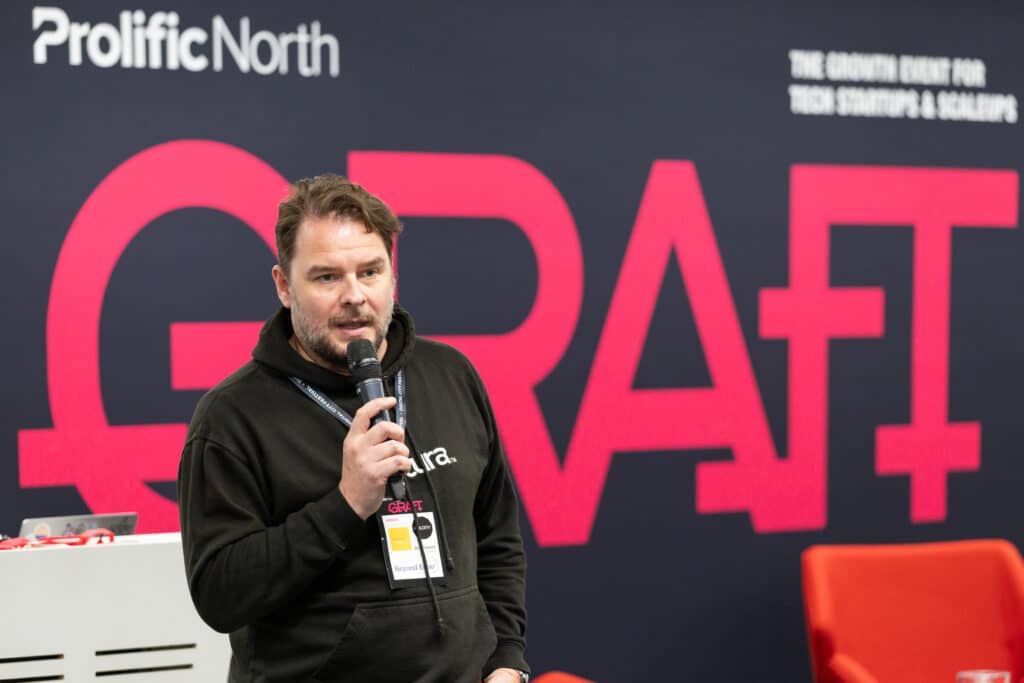
The key to winning investment, he added, is being able to “articulate the story properly.” “Like it or not,” he warned. “Investors are looking at the exit door even as they step through the entrance.”
Kate Longworth, CEO and founder of Gaia Learning, spoke candidly about a subject that doesn’t get much coverage: co-founder separation – an issue her company had to face right in the middle of a venture capital funding round.
Sam Burgess, founder and CEO of Partful, like all of the day’s panellists, was full of praise for the North and its prospects.
“We have a relatable community up here,” said the founder, who enjoys running in the Peak District close to where he lives. “And that can’t easily be replicated. We have shared values, and there’s something quite unique in the North, which I take a lot from.”
Next up was the Funding the Future investor panel — a fast-paced, no-fluff look at what VCs and angels are really looking for in 2025. Panellists from HAATCH, Praetura Ventures, GC Angels and GrantTree shared war stories, red flags, and why the North is increasingly on the investment radar.
Following a speed networking break, George Fairhall, of WAC, took to the stage for one of the most inspirational talks of the day, as she shared her “crazy journey” from hospitality worker to running a £1m-backed startup fighting for fairer working conditions for hourly staff.
Built by bartenders and inspired by first-hand experience in hourly-paid roles, law graduate George explained how she became frustrated by repeated underpayment and disorganisation in the workplace. She launched WAC in 2020, just one week before lockdown. Despite being advised to relocate her business from Leeds to London, she has already raised a substantial amount of funding.
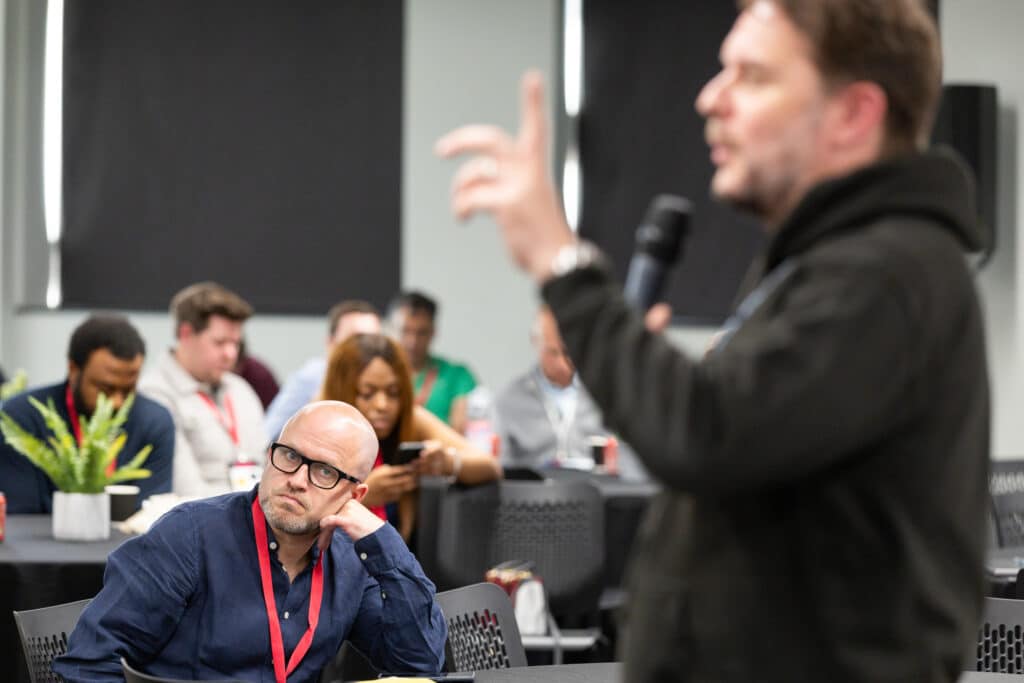
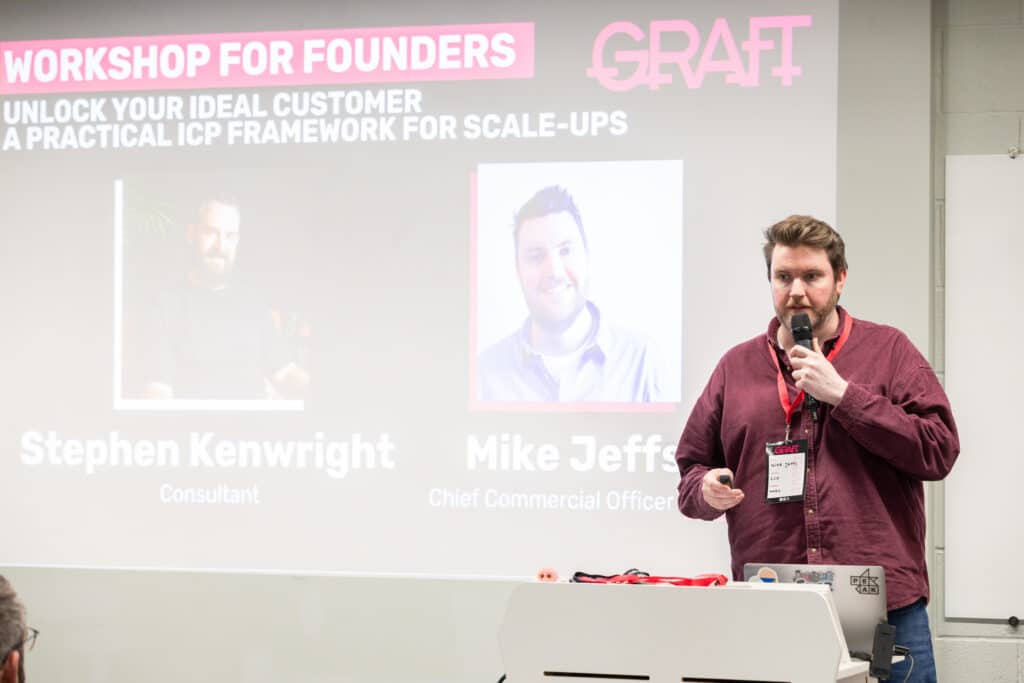
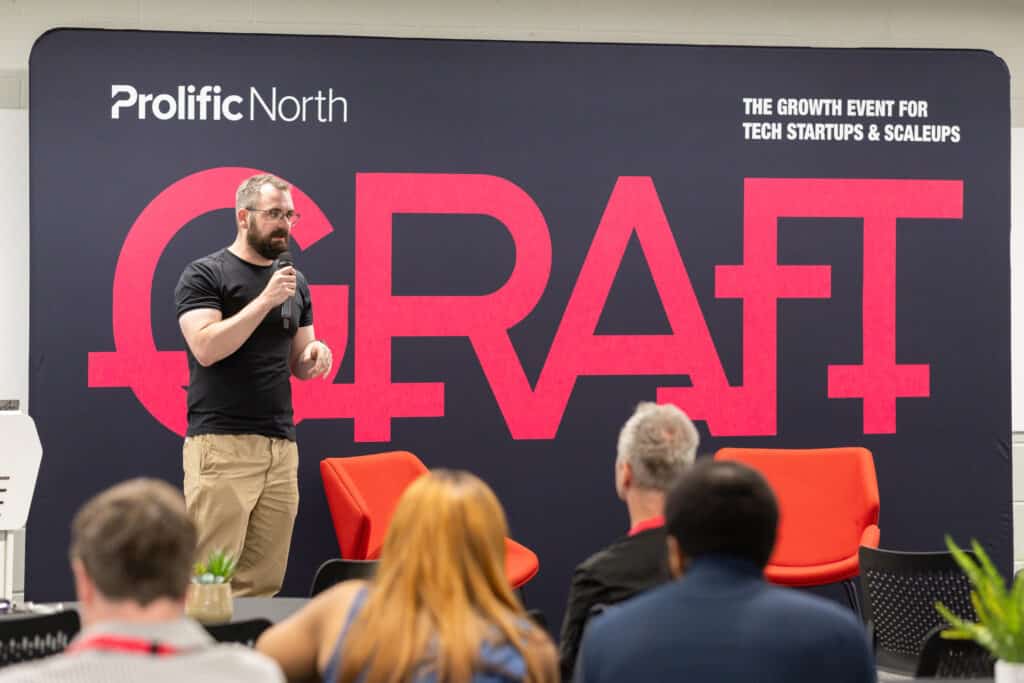
Since its launch, WAC has gained significant traction, with millions of shifts tracked, more than 350,000 installs, and paying users in 30 countries. The app has been recognised with multiple awards, including being named a Rising Star in the Praeseed Programme by Praetura Ventures and winning the prestigious 29 under 29 award in Europe.
WAC provides hourly-paid workers with tools to track, organise, and manage their income with confidence. Users can monitor their shifts, estimate earnings in real-time, and ensure they are being paid correctly. The app includes a rota organiser, tax and payslip estimator, and dispute resolution features — offering comprehensive financial empowerment for those in flexible or shift-based work.
Her key lessons for others following a similar path? “There’s no one correct way to do things, don’t trust everyone, and just keep pushing.”
Joe van Gelder, founder of POWDR, followed with insight into how his fintech is tackling small business finance – and what founders should know about early-stage funding and traction. Alex Mackenzie, co-founder of Ryft, wrapped up the segment with a compelling story of growth, a £5.7m Series A, and why Manchester is the perfect springboard for taking on the global payments market.
After a buzzing lunch session of connection and conversation, the focus shifted to practical skills, with two hands-on afternoon workshops.
A Product-Market Fit session led by Andy Barrow from Praetura Ventures broke down how to define, measure, and act on PMF.
“Finding product-market fit is the only thing that matters,” Andy told the audience. “Nothing else matters — and when you find it, everything else gets easier.”
A key takeaway from his session was the importance of staying lean in the early stages of building a startup.
“Behave like you are skint,” he said. “Some people complain that they are on beans and toast — and I say it should be beans or toast, mate. Survivability is a skill.”
Meanwhile, Stephen Kenwright and Mike Jeffs led a practical framework session on building the Ideal Customer Profile, helping scale-ups sharpen their go-to-market strategy with real-world examples and templates.
Aimeé Howells, founder of Squad Goals and former Manchester United exec, praised GRAFT in a LinkedIn post for delivering “a full day of no-fluff (as you’d expect being up north) conversations between founders, funders, and ecosystem builders.” She added: “GRAFT didn’t just talk about building businesses… it showed what it really takes.”
From calls to “prove you deserve to exist” rather than chase vanity metrics, to honest insights into post-lockdown founder fatigue, GRAFT offered what Howells called “real stories, honest questions, and tactical wisdom.” For a first-time event, she said, it more than delivered — and crucially, it understood what founders actually need to hear.
As the day drew to a close, another founder summed up the mood in the room: “The North doesn’t need to prove itself anymore. What we need now is the infrastructure, the capital and the community to keep pushing forward. GRAFT feels like the start of that.”
GRAFT was sponsored by Gateley, Colony, Bruntwood SciTech, iDHL and Beyond Echo PR.
GRAFT followed Prolific North’s Digital City Leaders Summit at Bruntwood SciTech on Tuesday which heard from tech leaders about why they’ve ‘never been more bullish on the North’. The event also saw the unveiling of Prolific North’s 2025 Tech Companies to watch – new scale up edition – sponsored by Beyond Echo PR and features 11 of the most progressive tech companies to look out for in the region.


